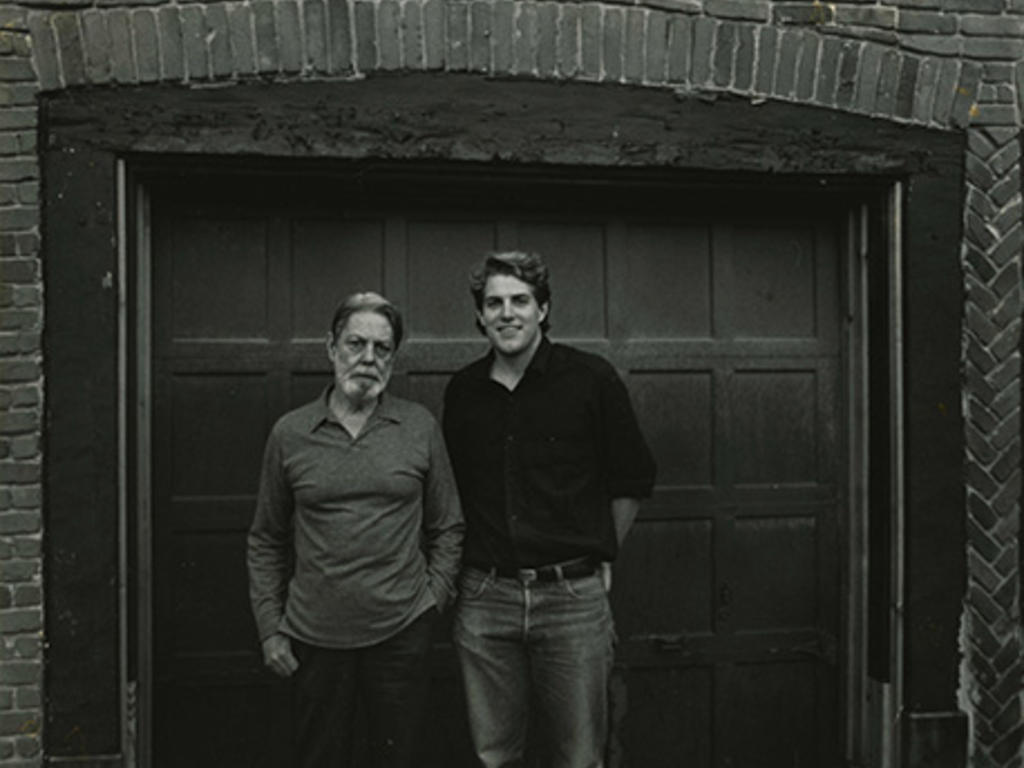In a diary entry on April 21, 1987, noted Civil War historian and Memphian Shelby Foote wrote, “Rhodes College news editor Luke Lampton came at 4 for an interview; left at 5:40. Took photos, used tape recorder. Likeable boy.” And so began the association between Foote and Lampton ’88, which further developed when Foote came to Rhodes the next year to give a series of lectures on the Civil War. Lampton took the class, recording each lecture with a portable cassette deck.
At the time, great fame had yet to find Foote. It wouldn’t be until 1990 that Ken Burns’ PBS series, based on Foote’s three-volume history of the Civil War, would draw an estimated 40 million viewers. But in the years since, Foote, who died in 2005, has been recognized as one of the South’s great historians. In 2011, Foote’s 2,350-volume book collection, along with his personal papers and diaries, handwritten book drafts and maps, and memorabilia, were donated to Rhodes by his son, Huger Foote. Earlier this year, Lampton added the 25 cassette tapes of Foote’s lectures to that collection.
“The value of these lectures is not really in the actual lecture, because Foote is lecturing from his book series on the Civil War,” comments Tim Huebner, L. Palmer Brown Professor and chair of the Department of History. “It’s where he veers off script and starts to share his own life stories.”
College archivist Elizabeth Gates, fearful of the fragile condition of the cassette tapes, quickly began digitizing the lectures. During her digitization project, she also began noting Foote’s aside commentaries.
“There is one point where he talks about being in the airport three days before Dr. Martin Luther King, Jr. was assassinated. He saw King and wanted to speak with him, but he was concerned that the people with King would think that he meant him harm. But he said it was moving to see him so up close,” she recounts.
Twenty-five years after his lectures here, Foote continues to play a part in the education process of Rhodes students. The nuances of Foote’s life as seen in the vast archival collection are at the center of a history course taught this fall by Huebner. Students in the class are transcribing Foote’s diaries for the months after the PBS series aired, and then using the newly transcribed diaries as primary source material for their semester research projects.
